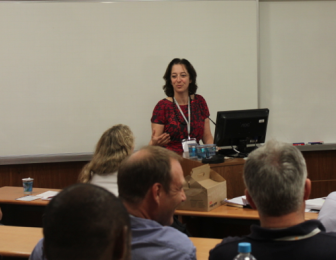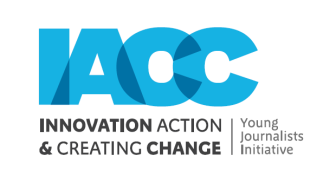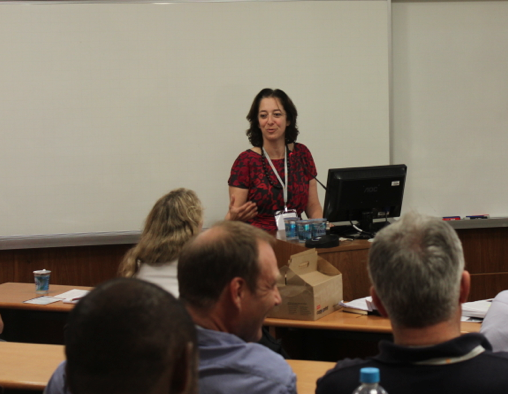
Professor Anya Schiffrin, Columbia University
Pablo is a journalist who is moved by environmental exploitation of gas extraction and it’s impact on the native people in a particular region of his country. After months of pressing his editors to cover the issue, they finally relent.
Extractive industries, especially oil, are increasingly becoming a contentious issue in countries such as Nigeria, Uganda, Argentina, Brazil or Mexico, given that oil revenues can comprise profits for government, the private sector, and consequently, the important role this plays on infrastructure and national services.
Aware of how big an issue extraction has become, Pablo eagerly proceeds conducting research and travels to the heart of the action where they’re extracting oil, gas, mining, fracking, you name it.
Upon arrival, he attempts to interview people working for the enterprise, but nobody is willing to cooperate. He sees much heavy machinery but has no previous knowledge of engineering or mechanical equipment. He simply observes that the tools are rusty and in poor condition. Yet still, he doesn’t notice much more.
After failing to secure an interview, and despite the pressure of the daily deadline, he gives up and decides to go back to his city, with a few insights on what he just saw. Later, when meeting with his editor, Pablo says he wants to return with an expert and appointed interviews but the editor does not does not let him. Time is money, and they need an article for tonight. They can’t wait and loose another day without a story. The topic is not a priority and there is not enough interest.
This scenario plays out all too often in the newsroom of underdeveloped countries. There are not enough resources to cover the extractive industries; there’s no long-term focus.
Over the last few years, Professor Anya Schiffrin of Columbia University has worked on the analysis of local media coverage of the extractive industries. Despite the growing recognition that this sector plays a key role in political and economic development, the exposure of these industries in the media remains low.
“Oil and extractive are complicated stories that sometimes the journalists are not trained to cover them,” she said, after appearing at a panel discussion during the four-day Global Investigative Journalism Conference (GIJC2013) in Rio de Janeiro, Brazil, this week. “Media outlets might be afraid to cover those issues since mining companies have a lot of money, and they are afraid of facing legal issues.”
Lack of training and resources to cover these complex topics makes it difficult for reporters to conduct investigations with the extractive industry, where the lack of oversight frequently leads to corruption.
For Schiffrin, after analyzing the scope of problems these reporters face daily, there is still hope. She said she hopes the media will cover these issues as both breaking news and long-term investigations, noting the need for reporters to take advantage of open data journalism.

Andrea Arzaba reports on this event as part of the IACC Young Journalists Initiative, a network reporting on corruption around the globe.

